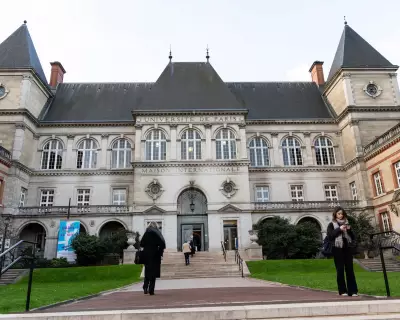
A landmark investigation has exposed a significant gender gap in the way history is taught across British schools, concluding that the contributions of women are being consistently sidelined and minimised.
The report, which analysed popular textbooks and curriculum materials, found a pervasive focus on male-dominated events and political narratives. This approach risks leaving pupils with a distorted and incomplete understanding of our national past.
A Narrative Dominated by Men
Researchers discovered that key periods where women played transformative roles, such as the suffrage movement or their vital work during both World Wars, are often condensed into brief, standalone topics. Instead of being woven into the main fabric of historical study, these events are treated as niche footnotes.
This segregation effectively frames women's history as a separate, less important subject, rather than an integral part of the whole story. The analysis points to a curriculum that fails to connect these pivotal moments to broader societal and political changes.
The Impact on Students
This imbalance has profound implications. For female students, the lack of relatable role models can diminish their sense of belonging and potential in history and related fields. For all students, it presents a skewed version of reality.
"When half the population is largely invisible in the story we tell about ourselves, we are not teaching history accurately," commented one education expert cited in the report. "We are teaching a stereotype."
Calls for a Curriculum Overhaul
The findings have sparked urgent calls for a fundamental review of how history is presented in schools. Campaigners and academics are demanding:
- Integrated narratives: Weaving women's stories and achievements into core historical themes.
- Diverse source materials: Incorporating a wider range of perspectives, including diaries, letters, and accounts from women.
- Teacher training: Providing educators with the resources and confidence to deliver a more balanced and inclusive curriculum.
The report serves as a stark reminder that the stories we choose to tell in our classrooms shape the values and understanding of the next generation. The question now is whether policymakers will act to ensure that history lessons reflect the true, diverse tapestry of our past.





